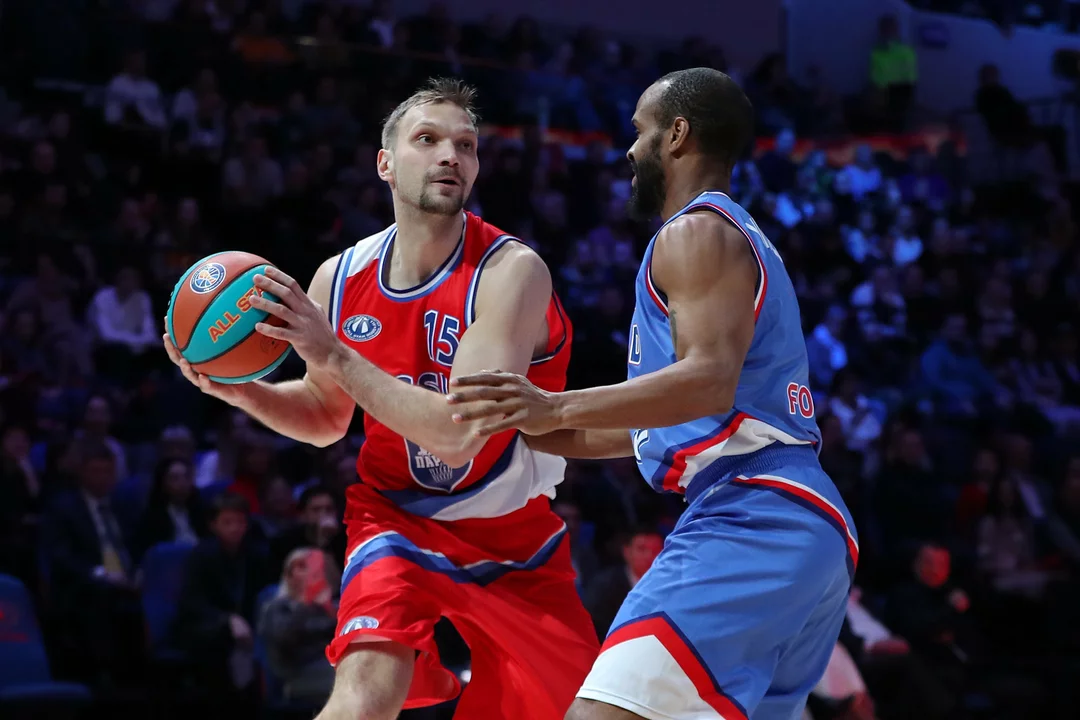Introduction to the FIFA of Basketball
As a sports enthusiast, I am always interested in learning about different sports organizations and their impact on the games we love. In this article, I will be discussing the FIFA of basketball. For those who are not familiar with FIFA, it stands for Fédération Internationale de Football Association and is the international governing body for soccer. Similarly, basketball has its own international governing body, which we will explore in detail.
Introducing FIBA: The International Basketball Federation
So, what is the FIFA of basketball? The answer is FIBA, which stands for Fédération Internationale de Basketball. FIBA is the international governing body for basketball and is responsible for overseeing and regulating the sport on a global scale. Founded in 1936, FIBA has grown to include 213 national federations from all over the world. Just like FIFA, FIBA's mission is to promote the sport, establish rules and regulations, and organize international competitions.
Role of FIBA in Developing Basketball Worldwide
One of the major roles of FIBA is to develop and grow the sport of basketball worldwide. FIBA does this by providing support to its member federations with resources, coaching, and training programs. Additionally, FIBA works closely with the International Olympic Committee (IOC) to promote basketball as an Olympic sport and ensure its inclusion in the Olympic Games. In doing so, FIBA helps to raise the profile of basketball and create opportunities for players and fans all around the world.
FIBA's International Competitions
Just like FIFA organizes the World Cup for soccer, FIBA is responsible for organizing various international basketball competitions. The most prestigious of these is the FIBA Basketball World Cup, which takes place every four years. This tournament features the best national teams from around the world competing for the title of world champion. Other important FIBA competitions include the FIBA Women's Basketball World Cup, FIBA U19 and U17 World Cups, and the FIBA 3x3 World Cup, which showcases the fast-growing 3-on-3 format of basketball.
Continental Basketball Championships
In addition to international competitions, FIBA also oversees continental basketball championships. These championships serve as qualifiers for the FIBA Basketball World Cup and the Olympic Games, as well as providing an opportunity for regional bragging rights. The five continental championships are: FIBA Africa, FIBA Americas, FIBA Asia, FIBA Europe, and FIBA Oceania. Each championship features the top national teams from their respective continents battling for supremacy.
FIBA's Relationship with the NBA
Many people wonder about FIBA's relationship with the National Basketball Association (NBA), the premier professional basketball league in the United States. While the NBA is not directly governed by FIBA, the two organizations work closely together on various initiatives. This includes the NBA's support of FIBA's international competitions and the collaboration between the two organizations on programs aimed at developing basketball talent worldwide.
FIBA's Rules and Regulations
As the governing body for basketball, FIBA is responsible for establishing and updating the rules and regulations for the sport. FIBA's rules differ slightly from those used in the NBA, with some notable differences including the use of a slightly smaller court, a shorter three-point line, and a different goaltending rule. While these differences can create some confusion for fans and players, they also contribute to the unique flavor of international basketball.
The Impact of FIBA on Basketball's Popularity
There's no doubt that FIBA has played a significant role in the growth and popularity of basketball around the world. By organizing international competitions, supporting national federations, and working closely with the NBA, FIBA has helped to raise the profile of the sport and create opportunities for players and fans alike. As a result, basketball has become one of the most popular and widely played sports in the world, with millions of people enjoying the game on a daily basis.
Conclusion: Celebrating the Global Reach of Basketball
In conclusion, FIBA is the FIFA of basketball, playing a crucial role in the governance, development, and promotion of the sport on a global scale. Through its various initiatives and competitions, FIBA has helped to make basketball a truly global game, enjoyed by fans and players from all corners of the world. As a basketball lover, I am grateful for the work that FIBA does to ensure the continued growth and success of this amazing sport.
